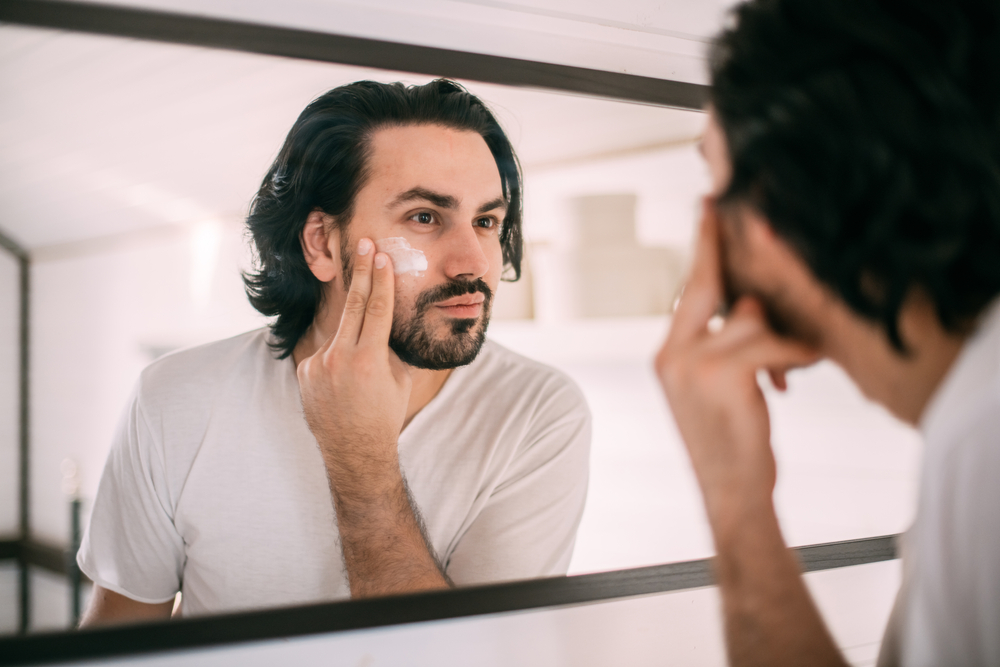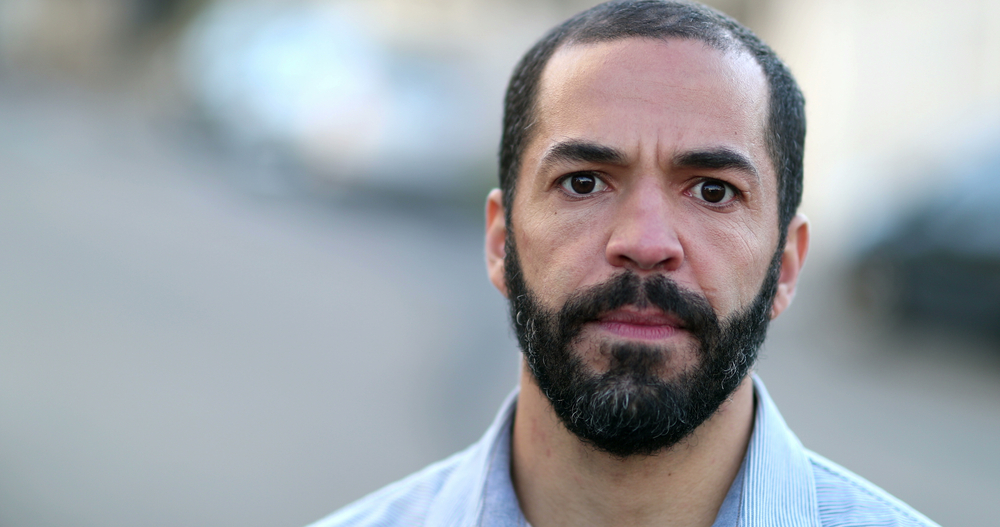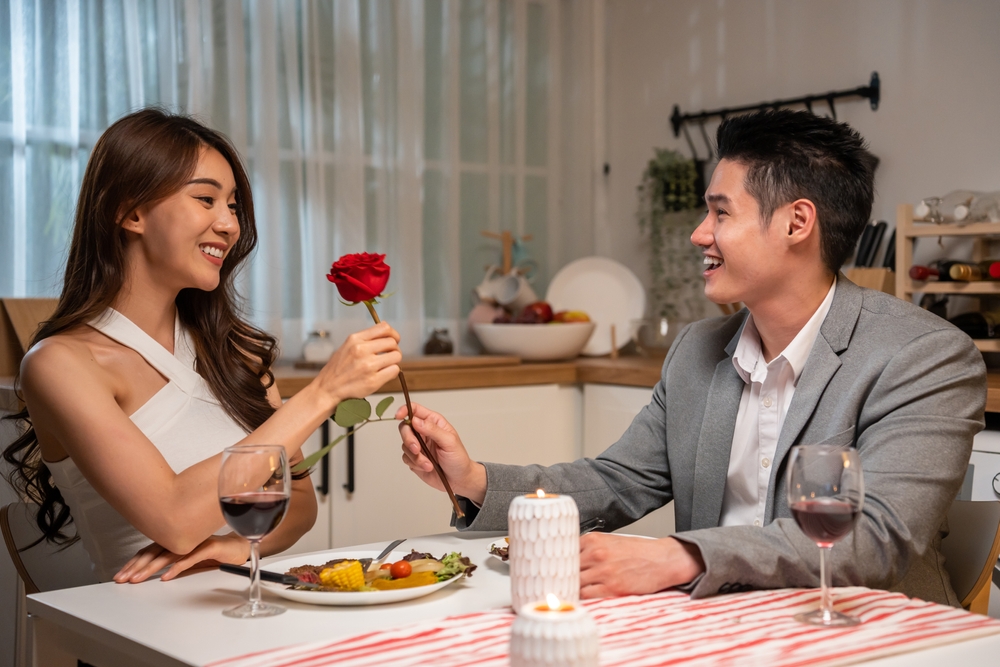After the emotional tornado of being with a narcissist, it’s no wonder your faith in love feels like it’s teetering on the edge of a cliff. Your trust has been shaken, your self-worth questioned, and the idea of romance might feel as foreign as a country you’ve never visited. Yet, there’s a path back to believing in love again. This list isn’t about roses and rainbows; it’s an honest roadmap to rebuild what was broken.
1. Acknowledge The Damage

The first step in healing is admitting you were hurt. It’s tempting to put on a brave face, but restoring your faith in love requires vulnerability. According to Dr. Ramani Durvasula, a psychologist and expert on narcissism, understanding the impact of narcissistic abuse is crucial in moving forward. Recognizing the emotional bruises allows you to address them, rather than let them fester beneath the surface.
Take a moment to look back without judgment. Understand how your trust was manipulated and your boundaries crossed. This reflection isn’t about wallowing in self-pity; it’s about taking stock of your emotional inventory. Once you see these patterns clearly, you’re less likely to repeat them with someone new.
2. Reconnect With Who You Are

After years spent catering to a narcissist’s needs, it’s easy to lose sight of who you are. Now’s the time to reconnect with the person you were before love turned toxic. Dive into activities that once brought you joy, or discover new passions that resonate with who you are today. Reclaiming your identity is a powerful declaration that you refuse to be defined by past relationships.
This rediscovery is both exhilarating and daunting. Don’t rush the process—savor it. Being alone doesn’t have to mean being lonely. In fact, solitude can be a comforting companion as you rebuild a more resilient sense of self.
3. Learn To Trust Your Gut Again

Narcissists are experts at making you doubt your instincts, leaving you second-guessing every decision. Part of healing involves restoring confidence in your inner voice. According to research by psychologist Dr. Julie Exline, learning to trust your intuition can enhance emotional resilience. It’s crucial to remember that your gut was right all along, even if it was silenced for too long.
Start small by acknowledging moments where your instincts serve you well. Celebrate these victories as they come, and let them bolster your self-assurance. As you rebuild this trust, you’ll find it easier to navigate new relationships without the shadow of past doubts. Remember, your intuition is a tool, not an enemy.
4. Set Non-Negotiable Boundaries

Before diving back into the dating pool, establish your non-negotiables. These are the boundaries that protect your heart and affirm your values. They’re not about being demanding; they’re about knowing your worth. Defining these lines clearly helps you recognize when someone crosses them, allowing you to act accordingly.
This isn’t just a checklist—it’s a manifesto of respect, honesty, and love. Write it down, keep it close, and revisit it often. It will serve as a reminder of what you deserve and a guidepost for what you won’t tolerate. This clarity will help you filter potential partners, ensuring your next relationship is built on mutual respect.
5. Embrace The Idea That No One Is Perfect

Perfection is a myth perpetuated by glossy magazines and social media feeds. Real love is messy, unpredictable, and beautifully flawed. A study by Dr. Brené Brown emphasizes the power of vulnerability in forming authentic connections. Allow yourself to embrace imperfection, both in yourself and others, and you’ll find a love that’s genuine.
Accepting flaws doesn’t mean settling for less; it means valuing substance over superficiality. It requires courage to let go of the fairytale and open yourself up to the unpredictable nature of real-life romance. But this is where love lives—in the messy, unscripted moments that defy perfection.
6. Surround Yourself With Healthy Love

Look around you—are the relationships in your life nurturing or draining? Cultivate connections that exemplify the kind of love you wish to manifest. Spend time with friends who uplift you and family who respect your boundaries. Seeing love flourish in these relationships can reignite your belief in its potential.
Healthy love radiates warmth and authenticity. It’s found in the laughter shared with friends and the support offered by family. Nurture these connections, and let them remind you of love’s beauty. The more you see it, the more you’ll believe in its power to heal and inspire.
7. Educate Yourself About Narcissism

Knowledge is a powerful tool against the scars of a narcissistic relationship. Understanding the traits and tactics of narcissists can provide closure and clarity. Clinical psychologist Dr. Craig Malkin suggests that education is key to avoiding future toxic entanglements. By knowing the red flags, you’re better equipped to protect your heart from repeating past mistakes.
Dive into books, articles, or podcasts dedicated to understanding narcissism. The more you know, the better you’ll be at spotting these behaviors early on. This education isn’t just for self-defense; it’s a step toward empowerment. With this knowledge, you’re free to pursue healthier, more fulfilling relationships.
8. Take Your Time To Heal

There’s no ticking clock on healing. Resist the urge to rush back into a relationship just because it’s what you think you “should” do. Patience with yourself is an act of self-love. Let time do its work, and you’ll emerge with a clearer understanding of what you truly want.
In this period of reflection, give yourself permission to explore who you are as an individual. Love will find you when you’re ready, not when the world says you should be. Slow down, breathe, and savor the journey. The destination will be all the sweeter for it.
9. Normalize Therapy And Self-Help

Therapy shouldn’t be a taboo topic—it’s a tool for growth. Professional guidance can offer insights that friends and family might miss. It’s a safe space to unpack the emotional residue left by a narcissistic relationship. Seeking therapy is a sign of strength, not weakness.
A therapist can help you process trauma, rebuild self-esteem, and explore new perspectives on love. Think of it as a personalized roadmap to a healthier mindset. Don’t shy away from seeking help when needed. Embrace the opportunity to heal in the company of a skilled guide.
10. Explore Different Types Of Love

Romantic love may have let you down, but it’s not the only form of love worth pursuing. Rediscover the joys of platonic love and the satisfaction of self-love. Channel your energy into relationships that offer depth and meaning without the drama. These connections can be just as fulfilling, if not more so.
Dive into hobbies and passions that make your soul sing. Find love in the laughter of friends or the quiet moments of solitude. By expanding your definition of love, you create a richer, more diverse tapestry of affection. This broadened perspective can make romantic love feel less intimidating when you’re ready to embrace it again.
11. Reflect On The Lessons You Learned

Every relationship, even the painful ones, offers valuable lessons. Reflect on what the narcissistic relationship taught you about yourself and what you want from love. This introspection can transform past pain into future wisdom. Harness this newfound wisdom to guide your choices moving forward.
Consider the strengths you’ve gained through adversity. Maybe it’s resilience, empathy, or a deeper understanding of your needs. These are gifts, hard-won but invaluable. Let them be the foundation upon which you build a stronger, more discerning love.
12. Start A Daily Gratitude Practice

Gratitude is a powerful antidote to cynicism. By focusing on what you have rather than what you lack, you shift your perspective. This isn’t about ignoring past pain but recognizing present blessings. Gratitude opens the door to positivity, making room for love to enter in unexpected ways.
Start small; list things you’re thankful for each day. Over time, these moments of gratitude accumulate, creating a reservoir of positivity. This shift in focus can make you more open to experiencing love in all its forms. When you see the world through a lens of gratitude, love feels more attainable.
13. Believe In Second Chances

Acknowledge that love, like life, offers second chances. Just because one relationship failed doesn’t mean they all will. Trust that you can find a partner who values you for who you are, not what you can provide. Keep your heart open to possibilities, even if it feels vulnerable.
Believing in second chances doesn’t mean ignoring red flags or settling for less. It’s about holding onto hope without sacrificing discernment. Love has a way of surprising us when we least expect it. Stay open, stay curious, and remember: love, in its truest form, is worth the wait.


